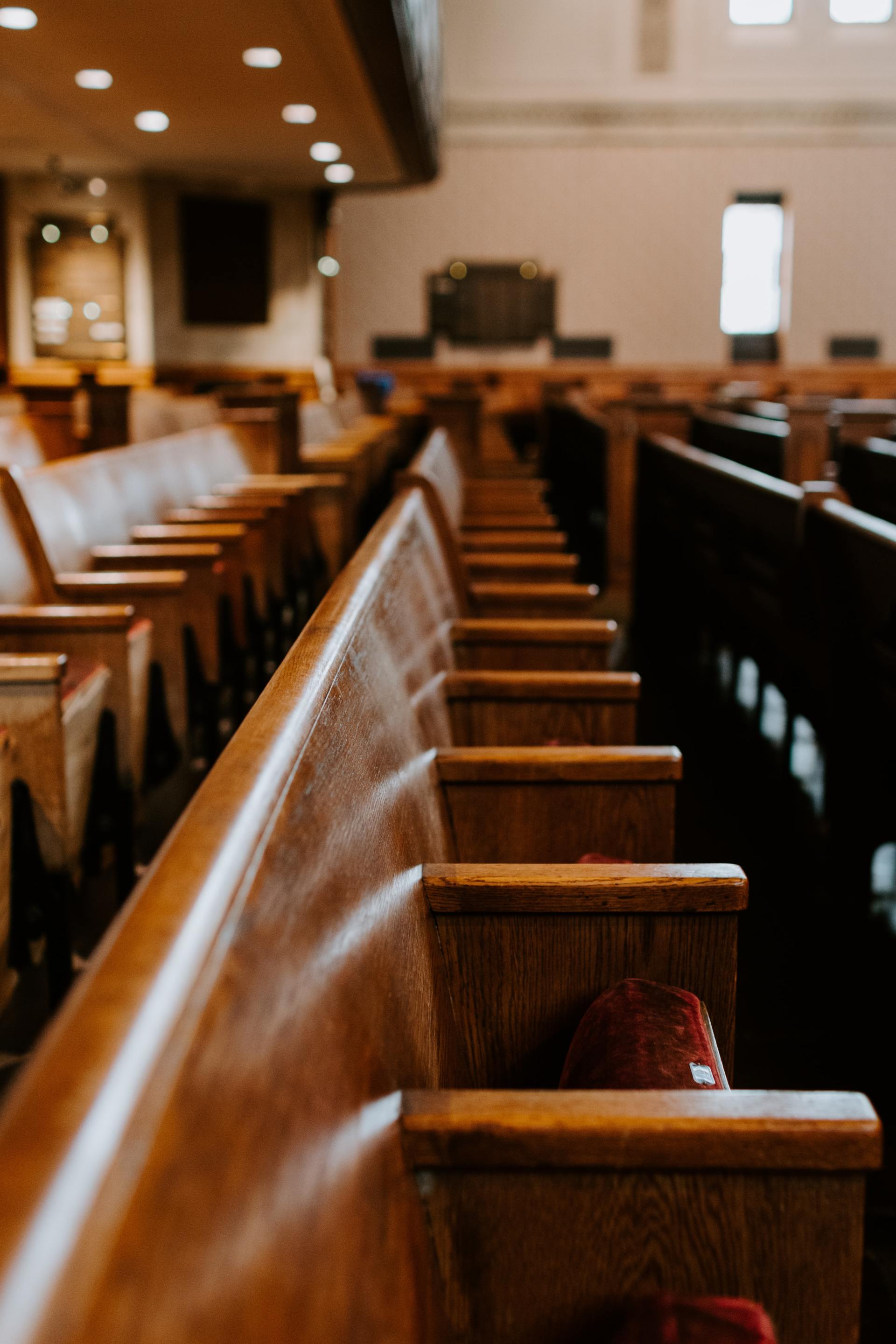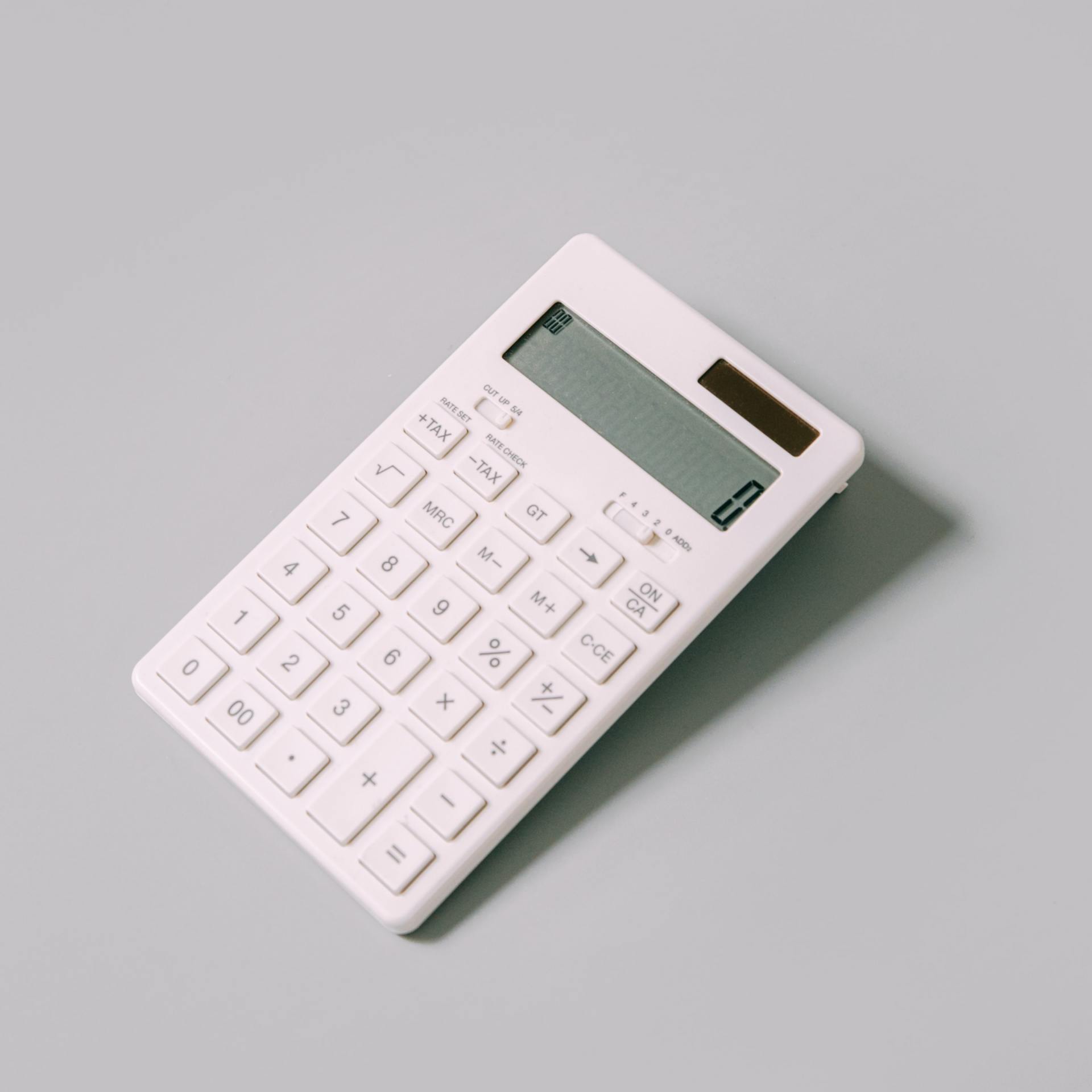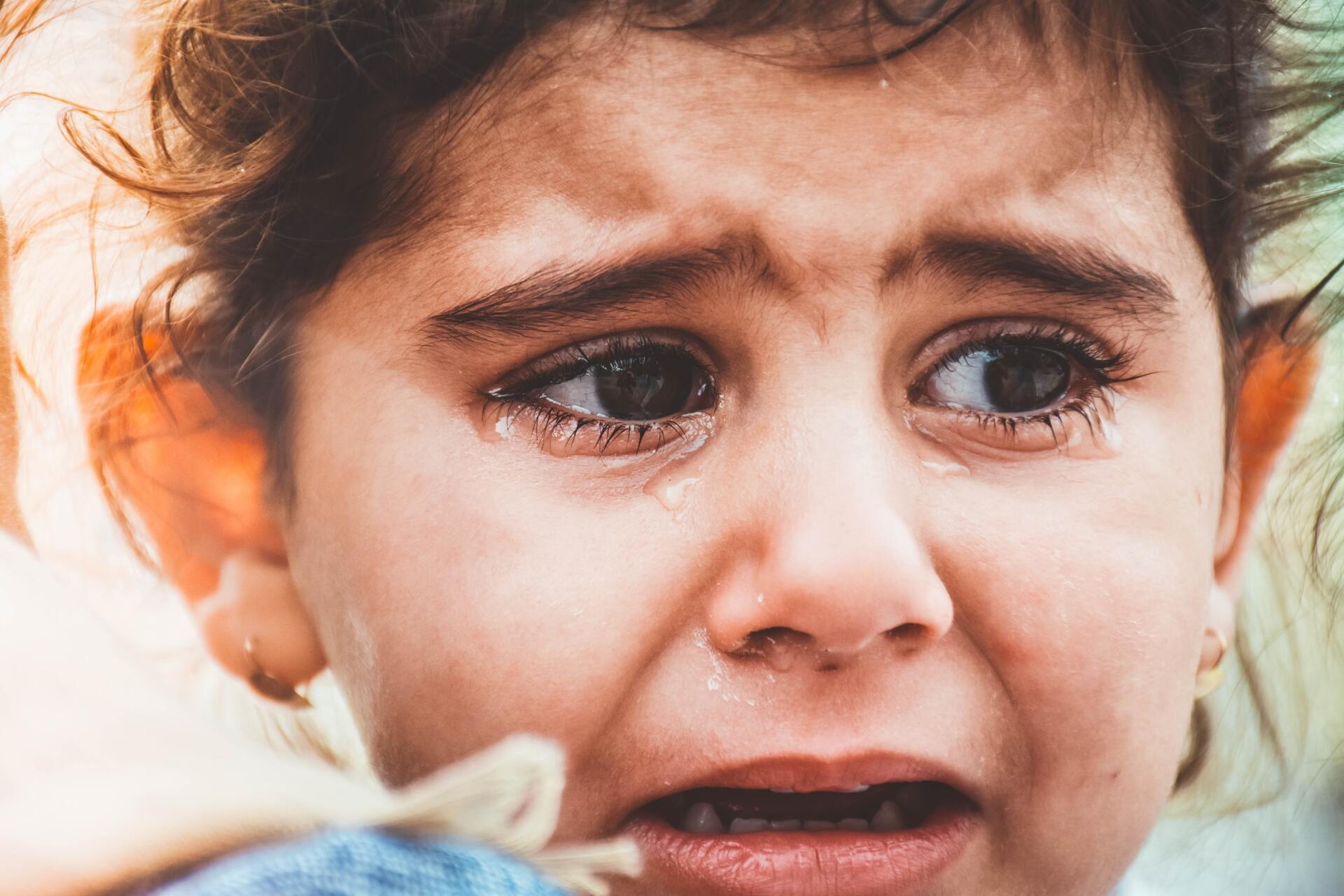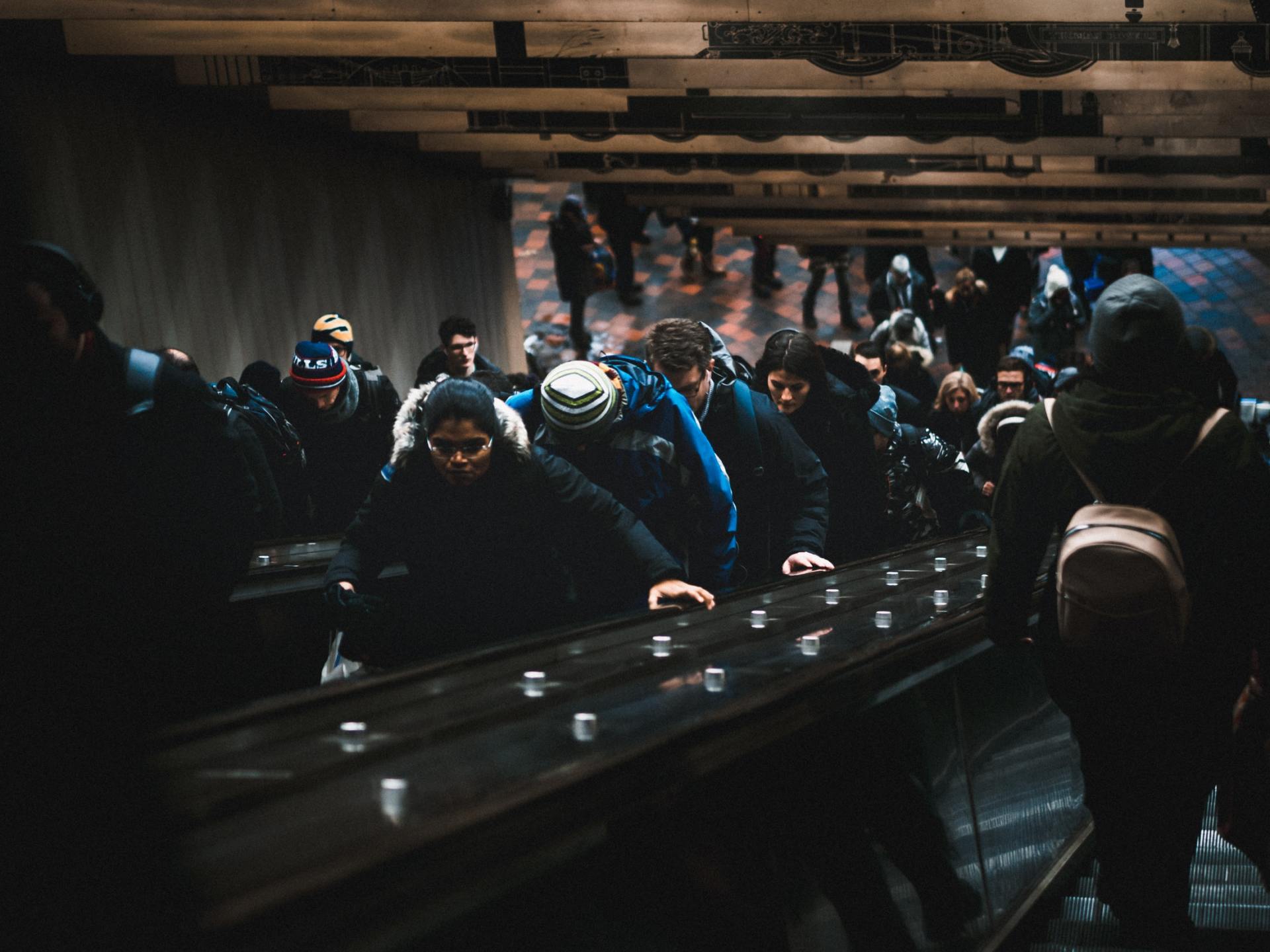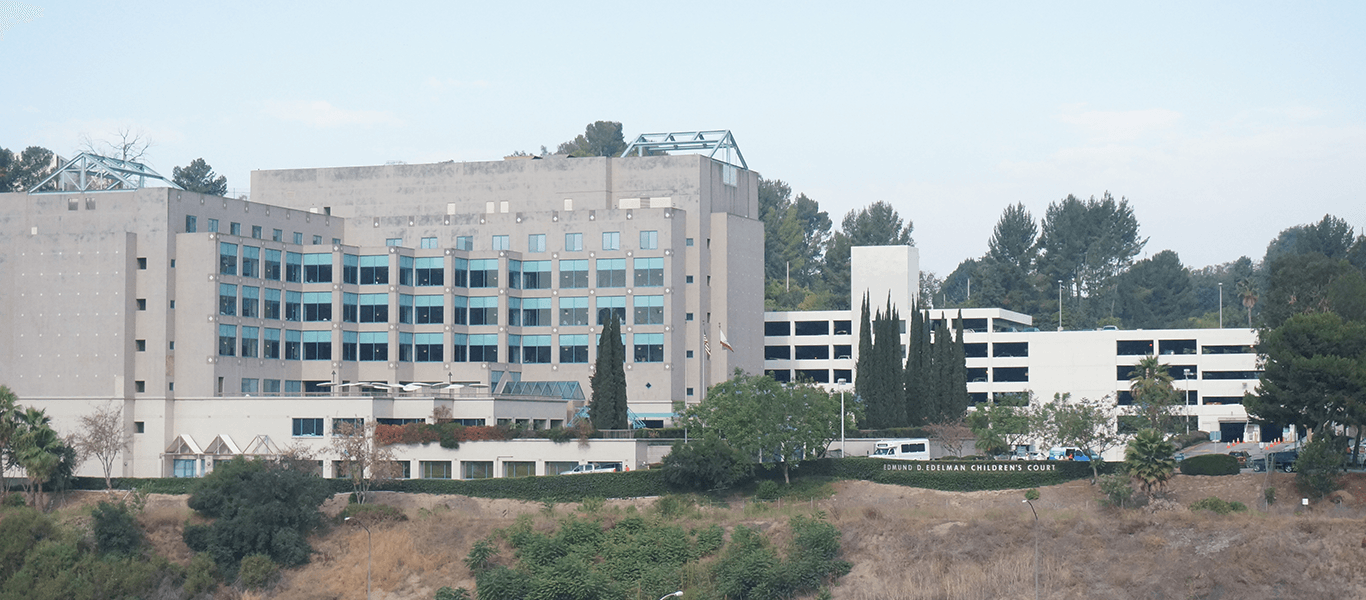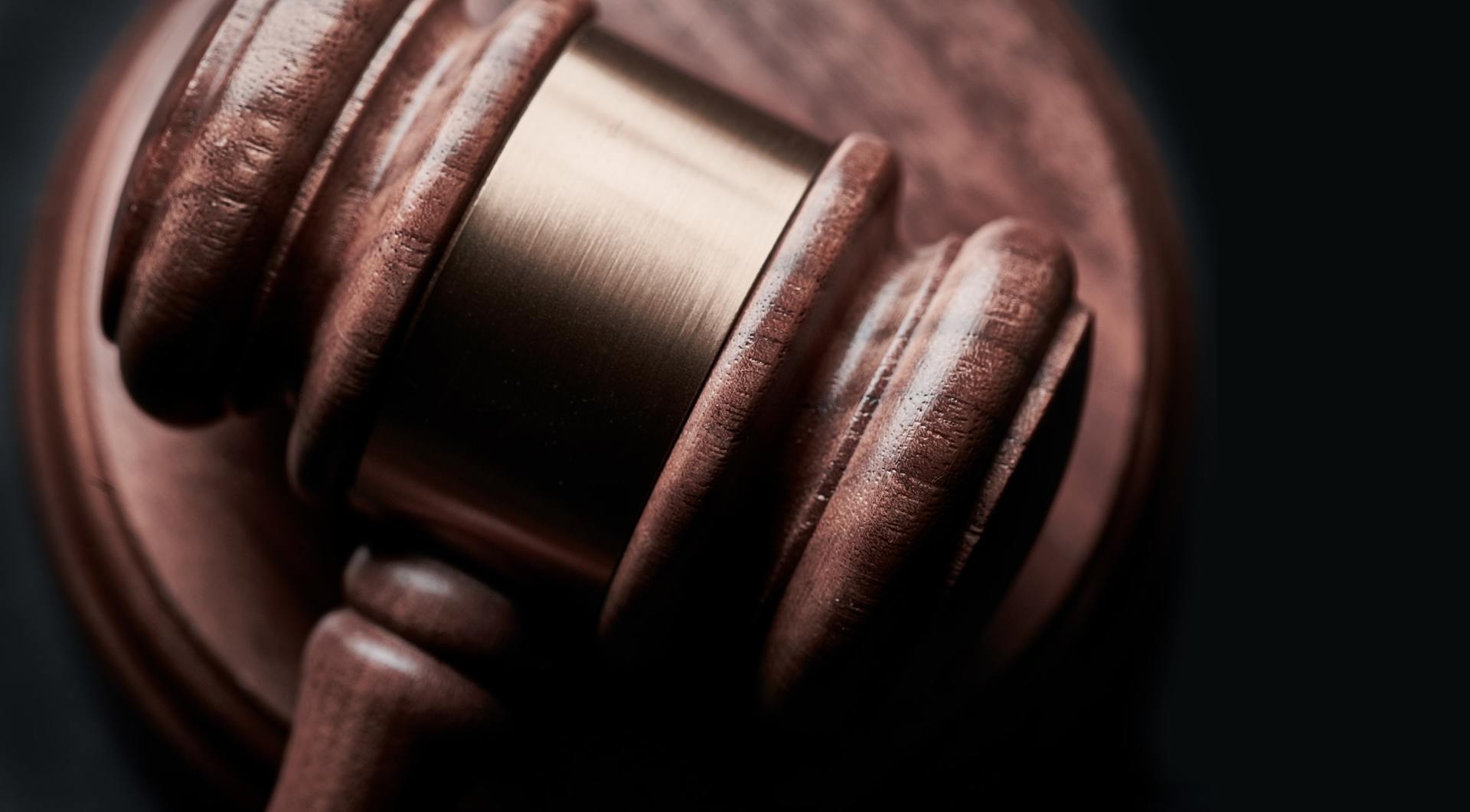What Is a Juvenile Dependency Case?
A Juvenile Dependency case in one where there are charges of Abuse and Neglect of a child. If you are involved in a juvenile dependency case in Los Angeles you should contact an Attorney immediately. Ideally you will talk with a Family Law Attorney who specializes in these matters. And you want someone who has worked with DCFS in the past. Experience is what you want on your side.
Our Attorneys have handled hundreds of child abuse cases in Southern California. Call or email her to set up an appointment to discuss your case. Her office is in Beverly Hills, California which is very convenient from all over Los Angeles.
There are a lot of lawyers who say they “fight” DCFS. Yes these cases are about fighting for your rights. A lot of people in dependency cases have certain rights. This could included Dads, Moms, Grandparents, Uncles, Aunts, and others. However these cases are more than just fighting. These are also about being smart. You want to understand the process and work with an Attorney you can trust who will know how to deal with Social Workers, Doctors, other Lawyers, and Judges. It’s important your Lawyer has experience helping parents and guardians with the dependency system.
The following information is from the California Courts web-site, and provides more information regarding Juvenile Dependency. The information is from their site as of May 2016. Please refer to their site for the latest information, and speak with an Attorney to find out what is applicable in your situation.
If you need an Attorney can you contact us at (323) 556-0660.
A child abuse and neglect case starts when someone reports a concern that:
- You are abusing your child or not taking care of your child properly,
- Someone else is abusing your child or not taking care of him or her properly and you are not protecting your child from that, or
- Your child is in danger of being abused or not taken care of properly by you or someone else.
Reports that a child is being abused or neglected are usually made to the police or to social workers. When a child abuse and neglect report is made, the social worker or police officer is required to investigate. If a police officer gets notified first, he or she will usually turn it over to the social worker for investigation.
A social worker investigates by talking to you, your child, people who know you and your family, and by looking at where you live. The social worker can talk to your child at school without you being present. The social worker does not need a court order to talk to your child at school, as long as there is not a police officer present when the social worker talks to your child. After the social worker talks to your child at school, he or she has to tell you that s/he interviewed your child at school.
After investigating the social worker will do one of the following:
- Not take any action. The social worker will do this if he does not find evidence of abuse or neglect that requires court involvement.
- Offer you what are called voluntary services. These are free services that the social worker will help you connect to that are designed to help you learn how to parent your child more safely.
- Leave your child in your care and file a petition with the court that asks to the court to open a case to protect your child.
- Take your child from your care and file a paper with the court, called a petition, that asks the court to open a case to protect your child. The social worker must file the petition within two court days of removing your child. The social worker will take your child from you if he thinks the child is in immediate danger in your care. If the social worker takes your child from your care he can place the child with the other parent (if you are separated), with a relative, or in a foster home.
One of the most important things to do when your child is removed is to give the social worker information on your family members. The placement options for your child will be:
- the other parent if you and your child’s other parent are not together,
- a relative, or
- a foster home or shelter.
To prevent your child from being placed with strangers, give your relatives’ information to the social worker. Click for a Guide to Dependency Court: For Relatives and/or Caregivers.
When your child is removed, you can also ask the social worker to set up frequent visits with your child. If it is appropriate to do so, you will be able see your child while you wait for your court date.
Attend the first court hearing. In most courts, this is called the detention hearing. If your child has been removed, this hearing must be held by the end of the day after the petition is filed. The social worker will tell you when and where the detention hearing is going to take place.
Keep in mind that even though your child is removed you still have the right to make educational decisions on behalf of your child. So, you should continue to participate in your child’s education and decisions regarding his education. The court can limit your right to make educational decisions based on your failure to respond to and participate in school meetings. You also retain your right to make health care decisions for your child and you have the right to attend doctors appointments.
